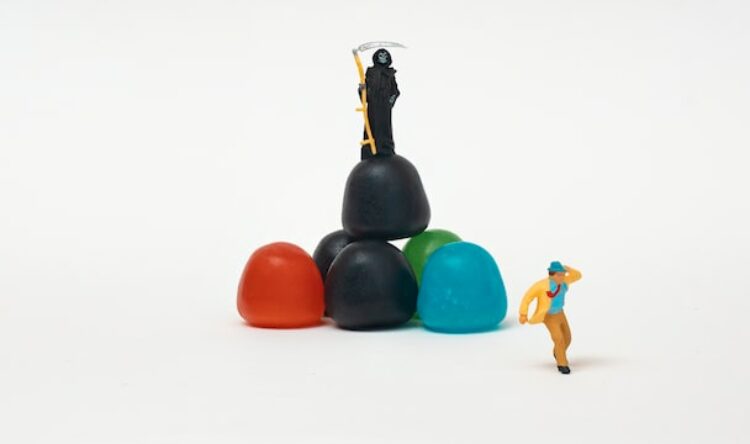Blame the parents
New study reveals links between parents and childrens driving attitudes
A new study concludes that bad driving is hereditary.
It finds that a driver is more likely to commit a driving offence, if their parents have done too.
Good, the bad and the ugly
Conducted by Scrap Car Comparison , the study analyses the driving records of both ‘bad’ drivers and those with a clean motoring history, and then compares them with their parents driving records.
They found a strong correlation between drivers that have previously broken road laws such as speeding, and their parents that have been penalised for doing similar things.
Meanwhile, parents who drive within the rules of the road when out in the roads, are more likely to have children who do so too.
It is not rocket science, but it is interesting to see links in black and white.
From the cradle…
All this highlights that bad driving is more nurture than nature.
Drivers seem to agree, with 1 in 4 drivers feeling that they’ve picked up negative driving habits from their parents.
What’s more, 55% believe they are actually better at driving than mum or dad.
The results were gained via a survey of 1,000 motorists. Half of these have never committed a driving offence and the other half are drivers who have.
Two-thirds (66%) of those who’ve broken road laws in the last ten years, have been raised by parents who have also fallen foul of the law. This compares to just a quarter (26%) of those who were raised by law abiding drivers.
Motorists brought up by road law breakers, will generally have at least one point on their licence. However, those with parents who stick to the rules, tend to have clean licences, with zero points against their names.
Beyond this, 1 in 10 (12%) road users with parents who exhibit ‘bad’ driving behaviours were found to have four or more points on their licence. This compares to just 3% of those who grew up exposed to more sensible driving practices.
Almost half (45%) of the drivers surveyed who were raised by ‘bad’ drivers, have been pulled over by the police in the last ten years. On the flip-side, only 14% of those with parents who have clean driving records have ever experienced seeing flashing lights in their rear-view mirrors.
To the grave
1 in 4 drivers agree that they’ve picked up negative driving habits from their parents. In particular, speeding, road rage and poor spatial awareness are the biggest habits drivers feel they’ve unwittingly learnt.
While a tendency to drive dangerously is undoubtedly the biggest issue on the road, 1 in 10 motorists (10%) also feel that how carefully their parents drive, has resulted in them being too cautious behind the wheel.
| Rank | Negative driving habit | % who have learnt habit from their parents |
| 1 | Speeding | 55% |
| 2 | Road rage | 49% |
| 3 | Poor spatial awareness (e.g. driving within a lane) | 24% |
| 4 | Poor or careless parking | 21% |
| 5 | Dangerous driving (e.g. cutting in front of another driver) | 17% |
| 6 | Driving too carefully (e.g. driving significantly below the speed limit) | 10% |
Evolving skills
Despite this, it seems that newer generations are mindful of their parent’s errors. It has led to 55% of motorists feel that they’ve grown up to be a better driver than their parents.
It’s a claim that is certain to create some arguments at a family gathering. But more than 1 in 3 parents (36%) have penalty points to their name, while their offspring were more likely to have a clean licence. However, mileage covered probably also has some bearing on these figures too.
| Offence | Child | Parent |
| Penalty points | 27% | 36% |
| Speed awareness course | 30% | 37% |
| Pulled over by the police | 33% | 36% |
Taking responsibility
David Kottaun, Operations Manager at Scrap Car Comparison, believes our parents influence us from day one.
“How the things we’re exposed to as children shape us in later life – be it hobbies, music or movies – is a subject that has been discussed at length for years.
“It should come as no surprise that the driving habits of our parents play a part in our own driving skills as an adult. Many of us spent our formative years in the passenger seat of a parental figure’s car, and so will have subconsciously picked up on both good and bad traits, when it comes to driving a vehicle.
“The most important thing however, is safety.”
Kottaun adds that “it’s promising to see that newer generations of drivers are realising the bad habits they’ve picked up from older generations and are hopefully making a change for the better”.
Read the full Scrap Car Comparison report here.






